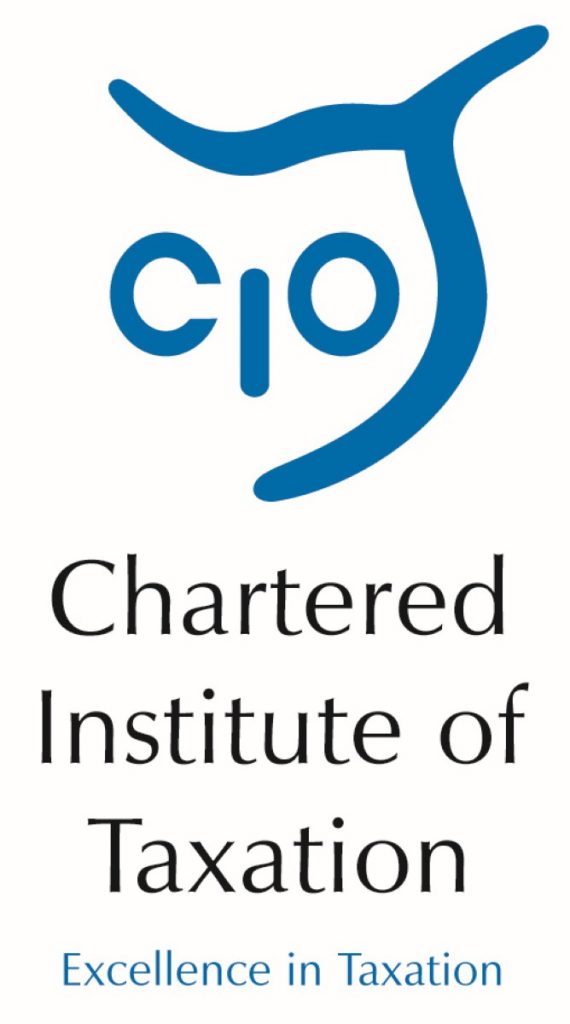The Government’s proposed remedy to the disproportionate tax bills that can arise from part surrenders or assignments of life policies is welcome but does not go far enough, according to tax experts.
Included in the Finance (No.2) Bill 2017 published yesterday is the final form of the Government’s legislative fix to the wholly disproportionate tax charges that can arise from partial surrenders of life insurance investment policies.1 The change will mean that applications can be made to HMRC to have the charge recalculated on a just and reasonable basis.
The Chartered Institute of Taxation (CIOT) and its Low Incomes Tax Reform Group (LITRG) have been instrumental in liaising with the insurance industry and the tax profession, as well as with HMRC, to bring about law reform.
Rather than a stand-alone discretionary remedy, the CIOT’s preferred solution has always been for a defined statutory method of arriving at an appropriate gain with the option of applying to HMRC for a discretionary remedy as a fallback in unforeseen circumstances where the full statutory method does not achieve the right result.
Hui Ling McCarthy, Chair of CIOT’s Dispute Resolution and Litigation Group, said:
“The latest version of the discretionary remedy is improved from the consultative clauses published in December 2016. In particular, we are pleased to see that
· the time limit for making an application for recalculation is now four tax years after the gain arose instead of two years after the end of the ‘insurance year’; and
· the legislation includes some non-exhaustive factors that HMRC may take into account when exercising the discretion, namely: the actual economic gain on the rights surrendered, the amount of the premiums paid under the policy and the amount of tax at stake if the gain were not recalculated.
“However, we regret that this amendment is not supported by the most fundamental safeguard, that of a statutory right of appeal to the tribunal on all aspects of HMRC’s decision on recalculating the gain. A taxpayer who disagrees with the outcome of a recalculation will be forced to challenge this by way of expensive judicial review proceedings.”
Robin Williamson, Technical Director of LITRG, said:
“The peculiar way in which partial surrenders of life policies are taxed can be a severe blow to older people of modest means releasing small amounts of capital. In some cases the tax bill can wipe out their entire life savings. If the law had been changed to ensure that only the economic gain from partial surrenders would be taxed in all cases, such individuals would have been better protected.
“The ‘just and reasonable’ solution outlined may provide a satisfactory remedy, but it is unclear how taxpayers will be made aware that they may apply for a recalculation. Some of those whom it is intended to benefit may never find out about it. And the absence of a right of appeal means that any challenge to the decision of an official must be by way of judicial review, which is so expensive as to be well beyond the financial means of most individual taxpayers.”
Notes for editors
1. A quirk in the current tax code deems the full value of the rights surrendered on a part surrender – not just any economic profit or gains – to be income, after deducting five per cent of the total premium invested for each policy year. Any excess above the cumulative five per cent threshold is, however, taxed in the year of part surrender. Accordingly, policyholders who partly withdraw substantial sums early on can unintentionally trigger swingeing income tax charges that far exceed the economic growth of the policy.
2. The Chartered Institute of Taxation (CIOT)
The CIOT is the leading professional body in the United Kingdom concerned solely with taxation. The CIOT is an educational charity, promoting education and study of the administration and practice of taxation. One of our key aims is to work for a better, more efficient, tax system for all affected by it – taxpayers, their advisers and the authorities. The CIOT’s work covers all aspects of taxation, including direct and indirect taxes and duties. Through our Low Incomes Tax Reform Group (LITRG), the CIOT has a particular focus on improving the tax system, including tax credits and benefits, for the unrepresented taxpayer.
The CIOT draws on our members’ experience in private practice, commerce and industry, government and academia to improve tax administration and propose and explain how tax policy objectives can most effectively be achieved. We also link to, and draw on, similar leading professional tax bodies in other countries. The CIOT’s comments and recommendations on tax issues are made in line with our charitable objectives: we are politically neutral in our work.
The CIOT’s 18,000 members have the practising title of ‘Chartered Tax Adviser’ and the designatory letters ‘CTA’, to represent the leading tax qualification.
Low Incomes Tax Reform Group (LITRG)
The LITRG is an initiative of the Chartered Institute of Taxation (CIOT) to give a voice to the unrepresented. Since 1998 LITRG has been working to improve the policy and processes of the tax, tax credits and associated welfare systems for the benefit of those on low incomes.
The CIOT is the leading professional body in the United Kingdom concerned solely with taxation. The CIOT is an educational charity, promoting education and study of the administration and practice of taxation. One of our key aims is to work for a better, more efficient, tax system for all affected by it – taxpayers, their advisers and the authorities. The CIOT’s work covers all aspects of taxation, including direct and indirect taxes and duties. The CIOT’s 18,000 members have the practising title of ‘Chartered Tax Adviser’ and the designatory letters ‘CTA’, to represent the leading tax qualification.
Contact: Hamant Verma, External Relations Officer, 0207 340 2702 HVerma@ciot.org.uk (Out of hours contact: George Crozier, 07740 477 374)





-01.png)